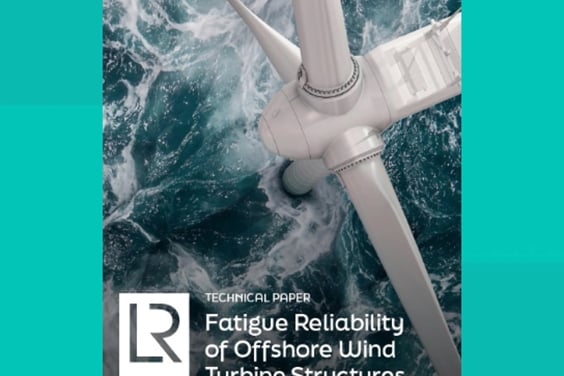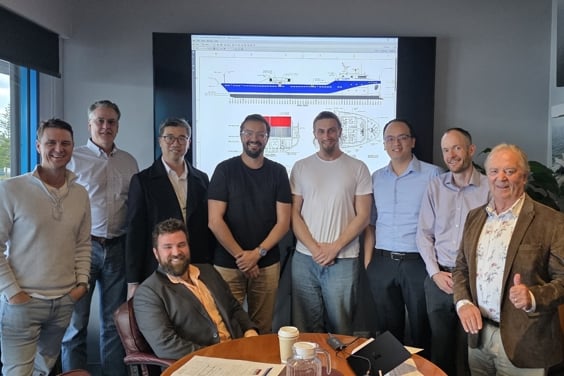For LR, the certification of a ship recycling facility is one part of a picture which overall must show a robust commitment to ongoing compliance against the highest legislative standards.
Certification alone simply demonstrates that on the day the facility was certified it was deemed to be compliant with the required legislative standards. Without ongoing audits for the duration of the certificate validity, the guarantee of ongoing compliance is difficult. At LR, our certification is always conditional on the provisions and results of periodical verification audits. Where deficiencies are observed, as required, we will not hesitate to stop works and ultimately remove certification should the deficiency not be swiftly and comprehensively rectified.
As such, compliance can only be truly demonstrated through the longer-term journey that a recycling facility embarks upon to demonstrate their ongoing commitment to innovate and improve health, safety and environmental standards. Through our work at LR, we have invested time and knowledge in recycling facilities to help establish a culture of change. Our audit approach ensures we can witness every aspect of the ship recycling process, procedure and methodology, both in the facility itself (when a ship is actively being recycled) and wherever possible beyond the facility, for example the downstream waste management. Without this comprehensive on the ground review and understanding of the recycling processes we would not be able to provide certification to recycling facilities.
"LR has witnessed a genuine commitment to change and process improvements, facilitating and demonstrating safe and environmentally sound ship recycling."
The statements of compliance that LR issues are delivered as part of our advisory services portfolio. Certification of a ship recycling facility is not related to the class of a vessel but is a building block to demonstrate the statutory compliance of the facility with either the IMO Hong Kong Convention (HKC) or the EU Ship Recycling Regulation (EU SRR), or both. Certification does not mean that a government will ratify the HKC, nor that a facility will be EU Listed (the decision for inclusion on the EU List ultimately lies with the EU Member states), but simply provides independent third party evidence of the ability to comply with the statutory requirements. However, the certification must be fully and regularly assessed to demonstrate ongoing conformity.
Through our work we have witnessed a genuine commitment to change and process improvements, facilitating and demonstrating safe and environmentally sound ship recycling. This is particularly true of the recycling facilities of South East Asia that we have worked closely with over the last 5 years. Certification and the subsequent ongoing monitoring of compliance is part of a much bigger picture, documenting industry change and a ground up commitment to improve standards, and make safe and environmentally sound ship recycling the industry norm. As such the relevance of certification and ongoing demonstrations of compliance is clear – when it is provided following comprehensive methodologies it complements the legislative top down approach to drive change.









